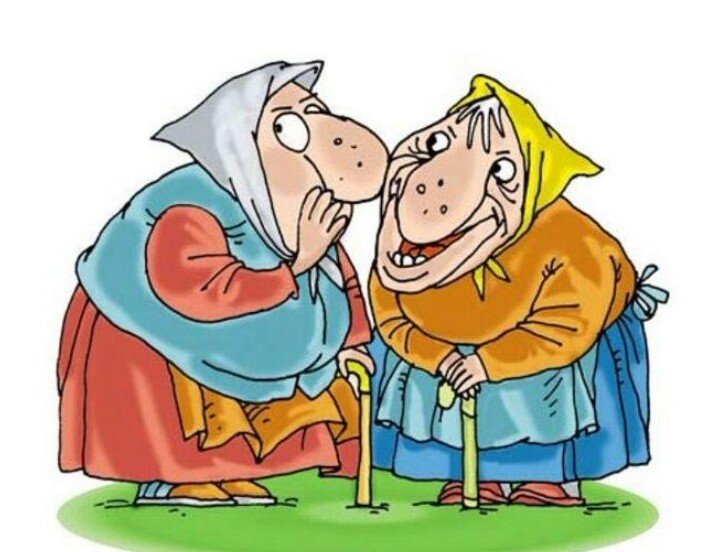
"Kemikleri yıkamak" ifadesinin modern yorumu, dedikodu yapmak, küfür etmek, birileri hakkında konuşmak anlamına gelir. Bu form, kosterit kelimesinin, yani "azar" kelimesinin oluşumunun temeli idi. Bununla birlikte, XIX yüzyılında bile, bu cümlenin tamamen farklı bir anlamı vardı ...Ortodoks Rumlar, hem de ikincil bir gömme geleneği vardı Slav halklarının bazıları - ölünün kemiklerinin kaldırıldı su ve şarapla yıkanmış ve geri atılmıştır. Vampir, vampir, vampir olarak mezardan gece dışarı çıkmak ve insanları yok - ceset bu adamın ömrü boyunca bir lanet olduğunu günahkâr olduğunu ve üzerinde anlamına geliyordu neistlevshim ve şiş, bulduysanız.İşte "Rus Kilisesi Tarihi" acad nasıl. EE Golubinsky ölü insan kalıntısı depolanması ile ilgili Yunan Kilisesi'nin özel, açıklanan "Biz toprağa ölü gömmek ve sonsuza bırakın. Yunanistan'da, o kadar: ilk başta toprağa ölülerini gömdüler ve sonra üç yıl sonra veya topraktan kendi kazdık süresinin diğer bazı, biraz daha küçük, biraz daha büyük kemikler yoluyla ve özel bir odaya koyun - kimitirii (κοιμητήριον) ya da crypt. Kazı ve kimitirii kemiklerin pozisyon üstüne veya cenaze devamı olarak hizmet veren özel ayin sostavyalet: rahip denir ve onlara izemlyutsya yeryüzünün kemikleri küçük bir anma töreni söyleyerek; çıkarıldıktan, suyun ve şarap ile yıkanır, küçük bir kutu içinde oluşan ve cenaze bunların ve büyük cenaze liturgy üzerinde söylenen kilise sokulur; bundan sonra komiteye dahil edilirler. istediğiniz kemikler zengin insanlar için çekmeceli ya da raflardan ile ölçek - Bu son ikinci olarak özel bir ev ya da ev ya da (ortada), ilk olarak, büyük bir çukur vardır kilise yakınında bir ahır veya yoksul insanların ssypaniya kemikler için büyük bir göğüs ve bir Bunları özellikle saklamak (kaplumbağa yazıtlarında, kime ait oldukları ve sahiplerinin öldüğü zaman).Doğal olarak, tekrar gömme tüm süreç onun karakteri, eylem ve fiillerinin ölen, değerlendirme anıları eşlik etti. Bu sonuçta olumsuz bir çağrışım edinmiş ifade "kemikleri yıkamak", görünümü için sebebiydi.
The modern interpretation of the expression "wash the bones" means gossiping, cursing, talking about someone. It was this form that was the basis for the formation of the word kosterit, that is, "scold". However, even in the XIX century, this phrase had a completely different meaning ...Orthodox Greeks, as well as some Slavic peoples, there was a custom of secondary burial - the bones of the deceased were seized, washed with water and wine and laid back. If the corpse was found to be unflathed and swollen, it meant that during the life of the given person was a sinner and on it lies the curse - to leave at night from the grave in the form of a ghoul, vampire, ghoul and destroy people.Here is how in the "History of the Russian Church" acad. E. Golubinsky describes the custom of the Greek church, relating to the storage of the remains of people who died: "We bury the dead in the ground and leave it for good in Greece. First, they buried the dead in the ground, and then in three years or through another definite, little smaller, slightly larger, the term of their bones is excavated from the ground and placed in a special room - kamitirii (κοιμητήριον) or to the burial vault. The digging and position of bones in kemitiria compose a special ritual, serving as a continuation or completion of the funeral: a puppy, and when singing a small funeral service for him, he will be taken out of the ground, when they are taken out, they are washed with water and wine, they are put in a small box and brought into the church, where a funeral service and a great funeral service are sung over them, then they are referred to kimitiri.This latter is special a house or a barn or a barn in a church in which there are, firstly, a large pit (in the middle) or a large chest for pouring out the bones of poor people; secondly, scales with boxes or shelves for the bones of rich people who want to save them especially turtles are made inscriptions, to whom they pr appropriate and when their owners died).Naturally, the whole process of reburial was accompanied by memories of the deceased, an assessment of his character, deeds and deeds. This was the reason for the appearance of the expression "wash the bones", which eventually acquired a negative connotation.
Image1
This post has received a 3.13 % upvote from @drotto thanks to: @camal.
This post has received a 10.00% upvote from
For more information, click here!!!!
If you use our Robot before your post has 1 day and get an Upvote greater than 1%, you will automatically receive Upvotes between 1% and 10% as a bonus from our other robots. thanks to: @camal!!!
Congratulations @camal ! You received a 10% upvote from @kryptoniabot & @kryptonia for your task of 2312 SUP Today.
Remember to receive votes from @kryptoniabot
Run a task on Kryptonia.*Join free here Kryptonia Account
Use the tags KRYPTONIA or SUPERIORCOIN in your Steemit post.
Delegate to the Kryptonia Upvote by clicking links: 10SP , 50SP , 100SP , 500SP , 1000SP
Due to an increased amount of tasks, we have changed up the voting power to evenly spread out the Upvote amount.